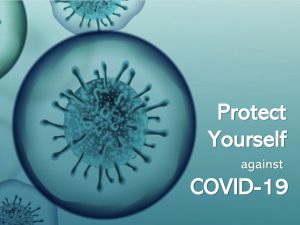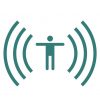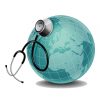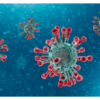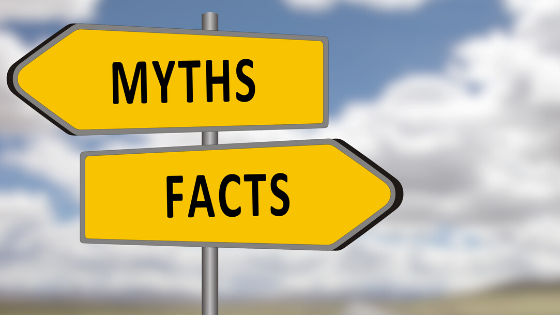
MYTH vs. FACT
There is a lot of information on the news, the internet and on social media about COVID-19. Sometimes it’s overwhelming and you don’t know what to believe. We are here to dispel the myths that are causing confusion. Rest assured the information below is vetted by our medical advisors. Stay informed, and stay safe!
MYTH: The new coronavirus was deliberately created in a laboratory and released into the environment.
Officials believe the new coronavirus outbreak occurred when a virus that commonly occurs in an animal, such as a pig, bird or bat, underwent natural changes that allowed it to transfer to humans.
MYTH: The COVID-19 virus may not survive in areas with extreme climates e.g. hot and humid climates?
The WHO advises that there’s no reason to believe that weather will impact on the new coronavirus. Since the normal human body temperature remains around 36.5°C to 37°C, regardless of the external temperature or weather, the virus can be shared among persons in close contact.
MYTH: The Virus can be transmitted by mosquitoes.
At this time, there is no data to suggest that COVID-19 or other similar coronaviruses (e.g. SARS, MERS) are spread by mosquitoes or other parasites. MYTH: Young people are not susceptible. People of all ages can be infected by the coronavirus (COVID-19). Older people and those with preexisting medical conditions, such as asthma, diabetes, and heart disease, appear to be more vulnerable to severe illness that can be caused by the new coronavirus.
MYTH: Hand dryers are effective in killing the new coronavirus.
No, the heat from hand dryers is not effective in killing COVID-19.
MYTH: Spraying alcohol or chlorine all over your body kills the new coronavirus.
No. Spraying alcohol or chlorine on your body will not kill COVID-19. In fact, spraying such substances can be harmful to delicate mucous membranes including your eyes, nose and mouth.
MYTH: Some antibiotics are effective in preventing and treating the new coronavirus.
No. Antibiotics do not work against viruses, such as COVID-19, they only work against bacteria.
MYTH: There are specific medicines to prevent or treat the new coronavirus.
To date, there is no specific medicine recommended to prevent or treat the virus that causes COVID-19.
MYTH: Can taking a hot bath prevent from COVID-19?
Taking a hot bath will not prevent you from catching COVID-19. Regardless of the temperature of your bath or shower, your normal body temperature remains at around 36.5°C to 37°C.
MYTH: There is a vaccine available to cure COVID-19.
No. Unfortunately, there is no vaccine for the Coronavirus (COVID-19) at present, but research scientists have already begun working towards development of a vaccine. However, it will take some time to develop a vaccine that is safe and effective in human beings.
MYTH: Can regularly rinsing your nose with saline help prevent infection with the new coronavirus?
No. While there is some limited evidence that regularly rinsing nose with saline can help people recover more quickly from the common cold, there is no evidence that regularly rinsing the nose with saline protects people from infection with the new coronavirus.
MYTH: Eating garlic help prevent infection with the new coronavirus.
No. The WHO advises that there is no evidence from the current COVID-19 outbreak to suggest that eating garlic will protect people from the virus.
MYTH: Receiving a letter or package from China will make a person sick.
No. Currently, from the available research data, people receiving packages from China are not at risk of contracting the new coronavirus. Based on previous analysis, the WHO reported that the coronavirus does not survive on letters and packages for an extended time. For anyone concerned that a surface has been contaminated, the health agency advises cleaning it with a disinfectant. If someone has already touched it before it’s been cleaned, they should immediately wash their hands with an alcohol-based hand rub or with soap and water.
Myth: Thermal scanners can diagnose people infected with the new coronavirus.
No. Thermal scanners can detect people who are sick with a fever from any cause, such as seasonal flu, and not specific for those infected with COVID-19.
For information on Coronavirus (COVID-19) visit https://www.educateyourhealth.com

